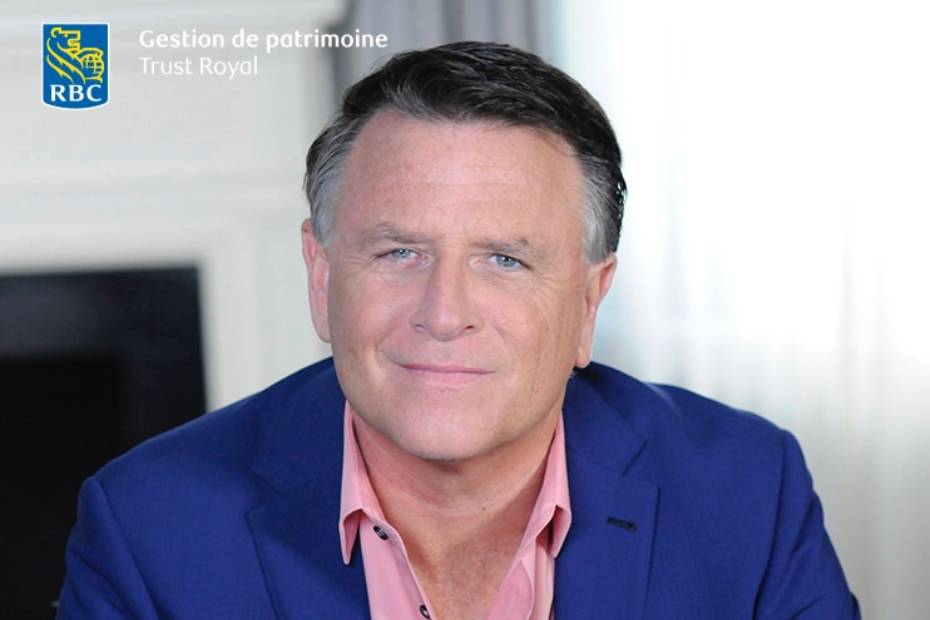This article originally appeared on RBC Wealth Management.
It’s not uncommon in our industry to hear parents express concern about talking openly with their children about wealth—including how much of it the family has.
One gentle way we often see them ease into the conversation is through charitable giving and philanthropy.
Parents will introduce children to concepts of investing, gifting, stewardship and governance by including them in family decisions tied to charitable intentions. This can be on a small scale, such as involving them in selecting which charities may benefit from a family’s annual giving each year, or on a larger scale, offering adult children the responsibility for part of an investment portfolio to be used philanthropically, or involvement in a family foundation.
Engaging in this way can highlight the similarities and differences between generations with respect to how they think, act and feel about wealth and philanthropy. The act of giving is often a statement of one’s values. But as we all know, what’s important to you or me can be vastly different from those around us, including our closest family members. In many cases, those differences are tied to generational influences.
With a huge wealth transfer on the horizon in Canada, understanding the next generation of investors and philanthropists will be key for many of us—whether we’re in the charitable sector or estate-planning and wealth-management fields. We can all expect to see a refocusing in priorities and perspectives as the shift from one generation to the next gains momentum.
The great wealth transfer to the next generation
Right now, baby boomers are the decision-makers for an enormous amount of wealth. The first baby boomers turned 65 in 2011, and by 2016, seniors outnumbered children for the first time in the country’s history. At the end of their working careers or already retired, baby boomers today are at a point in life when legacy concerns are top-of-mind.
While charitable intentions are deeply personal and unique to the individuals, donors’ key causes often reflect the concerns of their lives, which can be heavily influenced by their experiences.
Baby boomers form a generation that was affected by several wars and lived through the civil rights struggles of the 1960s and 1970s, so it is common to see members of this generation value social justice, world peace and the environment. With many now in their late 70s, we also see health care causes as a core focus when it comes to strategic-giving planning.
People in generation X were born between 1965 and 1980, an era that saw a massive spike in globalization, increased environmental concerns and significant cuts to social services. Very likely, trends toward responsible investing and climate action will continue to be prioritized.
Millennials, who now range in age from about 28 to 43, currently tend to favour health and medical non-profits, as well as human rights and international affairs organizations. They’re also comfortable donating through online platforms and like to set recurring donations.
The preferences above are by no means comprehensive, and of course many causes such as health care, education and religion span all generations.
Charitable causes are not the only wealth-related area where different generations may have differing ideas. Even within a generation, competing priorities can create family rifts when money is involved—particularly when trying to ease a transition from one generation to the next.
On the whole, younger generations value transparency and engagement, so helping families have difficult wealth-transfer conversations is extremely important. It’s these conversations that can help eliminate assumptions, provide clarity and alignment on values and offer different perspectives and an appreciation of where and how one wants to give back.
The value of information sharing and preparation
One challenge we see often with individuals who are preparing to transfer wealth is determining what information and details to share with heirs. A report conducted by RBC Wealth Management found that only 33 percent of those who had received an inheritance were made aware before receiving any assets. And even when some discussions do take place, they often tend to be limited or high-level in nature.
While there can be disadvantages to sharing wealth transfer information, such as the risk of creating a sense of entitlement, there are many benefits, including:
- Giving heirs the ability to proactively and accurately plan ahead for the wealth they are intended to receive
- Eliminating any element of surprise or shock
- Providing an opportunity for the giver to help heirs prepare in advance
Establishing and maintaining open dialogue can help ensure families are aligned when it comes to values and intentions.
Open conversations can provide heirs and family members with a forum to share views, concerns or interests. And for individuals who will be passing down wealth, it’s an opportunity to share reasons and context for their decisions, but also to gain valuable insight from their family.
It can also ease possible friction points between family members later by creating clarity and transparency while individuals are still around to explain it.
Reaching next-generation donors
For many in the boomer generation, money and death remain taboo topics, so it’s important to establish a safe environment to discuss Wills, estate planning and philanthropic giving.
The key is to encourage an open discussion backed with financial education to help families and their heirs understand how their values align. Wealth transfer done well fosters harmony during the inheritance process, while ensuring that legacy wishes and values are carried out for generations to come.
Sharing a vision of how those values come to life through philanthropic planning and giving will serve to further enrich that multi-generational legacy.
This article was originally published in Foundation Magazine .
This article is intended as general information only and is not to be relied upon as constituting legal, financial or other professional advice. A professional advisor should be consulted regarding your specific situation. Information presented is believed to be factual and up-to-date but we do not guarantee its accuracy and it should not be regarded as a complete analysis of the subjects discussed. All expressions of opinion reflect the judgment of the authors as of the date of publication and are subject to change. No endorsement of any third parties or their advice, opinions, information, products or services is expressly given or implied by Royal Bank of Canada or any of its affiliates.



















